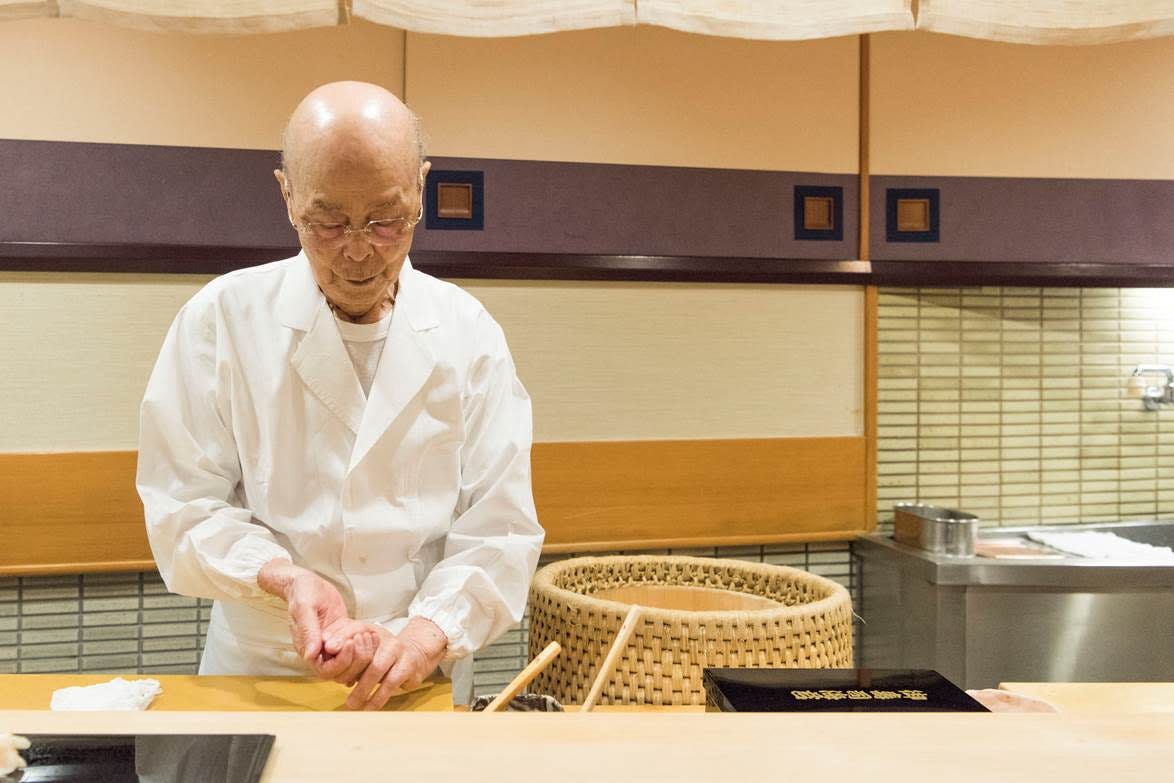The Cost of Monotony: How Specialization Leads to Burnout
Why psychological richness is key to maintaining productivity and preventing exhaustion at work.
I came across an insightful Planet Money podcast today that felt highly relevant to this blog. It’s titled How Specialization Can Lead to Burnout, and it’s a short, fascinating listen.
The guest, psychologist Shigehiro Oishi (author of Life in Three Dimensions: How Curiosity, Exploration, and Experience Make a Fuller, Better Life), argues that sustained performance at work requires 'psychological richness' — a kind of cognitive variety.
While capitalism thrives on specialization and division of labor, the human mind does not. Routine, repetitive jobs can increase productivity, but they also raise the risk of burnout. Why? Because our brains crave variety. They wither in monotony.
Oishi even referenced sushi chef Jiro Ono, renowned for his dedication to perfecting a single task every day, a countercase for burnout from specialization. But even Jiro isn’t static. He finds psychological richness through constant improvement, refinement, and innovation in his craft.
This idea resonates with me. In today's fast-paced world, many jobs don’t stay confined to the office. We find ourselves thinking about work during dinner, when falling asleep, and first thing in the morning. While we may not always be working in terms of hours, our mental energy is often consumed by it. As a result, even a comfortable, routine job can feel monotonous much faster. It’s no surprise that my coworkers tend to change teams or companies every three to four years.
So how do we stay fresh?
As employees, we need to mix things up ourselves from time to time. If your role has become too familiar, try adding variety. New problems, new skills, even a change in pace. And if that’s not possible where you are, it might be worth moving on at your peak.
As leaders, we need to pay attention to these cycles. If someone has been in the same seat for three or four years, consider a shift. Adjust their scope. Give them a new challenge. Let backend engineers explore the frontend. Let seasoned managers take a break and go hands-on again. They might resist. I did. I was good at my job and didn’t feel the need to change.
But that resistance is often just comfort speaking.
Sometimes, all it takes is a good conversation. Not a performance review, but a real check-in. What’s energizing them lately? What’s draining them? You might find the early signs of boredom are already there, and you’ll have a chance to do something before it turns into burnout.

